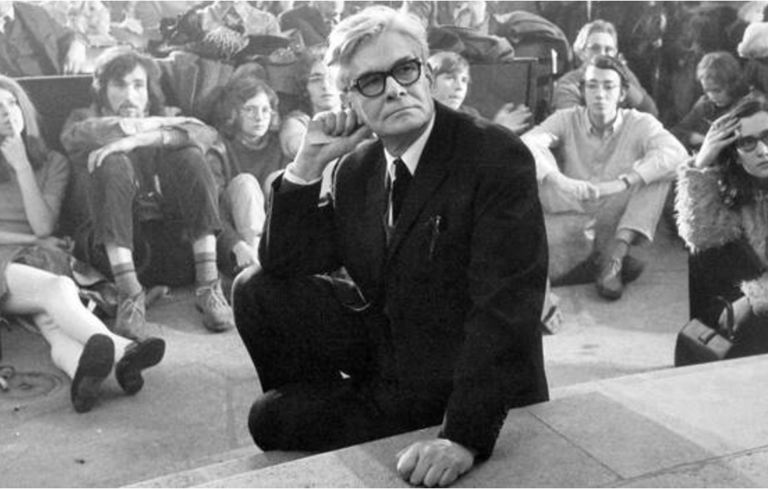In my teaching, the idea of learning as an infinite, collaborative process is central. Such collaboration requires mutual trust and the willingness to challenge others and let oneself be challenged in turn.
At Leipzig University in 2019-20, I was the instructor of record for a large undergraduate seminar on Introduction to American Literature and Culture.
At Columbia University, I have been a Teaching Assistant for Introduction to Political Theory, Gandhi, King, and the Politics of Nonviolence, Justice, and Introduction to Human Rights. I have also guest-lectured on International Law & Sovereignty and participated in and then co-led the Teaching Observation Program at Columbia's Center for Teaching and Learning.
Rights Mobilizations and their Critics
The objective of this course is to grapple with the ambiguity at the core of rights-demands by those excluded from prevailing national and international political orders. Rights-claims are always made in existing legal vernaculars while seeking to challenge the regimes whose infrastructure, language, and norms of fairness they are adopting. In this class, students will consider rights as an enduring legal form and as a specific, contextual political demand.
Constitutional Theory
The U.S. Constitution has generated more scholarship, political controversies, case law, fierce loyalty and philosophical disputes than most other founding documents. This class seeks to understand why and traces the outlines of these conflicts. We will read champions, pragmatic defenders, and critics of the Constitution to understand why it emerged as such a flashpoint in U.S. American political thought and discourse. Towards the end of the course, we will look at the U.S. Constitution from an international and comparative vantage point.
Law, Democracy, and Social Change
In an era that seems defined by both accelerated departures from standard democratic and legal procedures and by political gridlock, the question whether the legal system should serve as a bulwark of stability or a facilitator of changes already underway is the subject of intense debate. Is the law a useful tool for changing or stopping a society seemingly going into another direction? Is it a democratically legitimate tool for such changes and if so, under what conditions? This course will cover theories of legal change in democratic societies and beyond and the complex relationship between economic factors, socio-cultural variables, and the legal system.


One of the people I write about, Wolfgang Abendroth, while listening to a lecture on the Vietnam War with his students
Frankfurt/Main, 20 March 1970, picture-alliance / dpa | Roland Witschel, via Rosa Luxemburg Stiftung